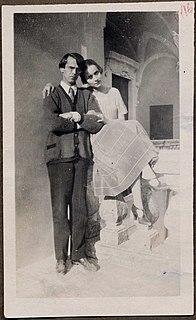A Quote by Octavio Paz
The truth is that the history of Mexico is a history in the image of its geography: abrupt and tortuous. Each historical period is like a plateau surrounded by tall mountains and separated from the other plateaus by precipices and divides.
Related Quotes
Whether I like it or not, most of my images of what various historical periods feel, smell, or sound like were acquired well before I set foot in any history class. They came from Margaret Mitchell, from Anya Seton, from M.M. Kaye, and a host of other authors, in their crackly plastic library bindings. Whether historians acknowledge it or not, scholarly history’s illegitimate cousin, the historical novel, plays a profound role in shaping widely held conceptions of historical realities.
Like every man who appears at an epoch which is historical and rendered famous by his works, Jesus Christ has a history, a history which the church and the world possess, and which, surrounded by countless memorials, has at least the same authenticity as any other history formed in the same countries, amidst the same peoples and in the same times. As, then, if I would study the lives of Brutus and Cassius, I should calmly open Plutarch, I open the Gospel to study Jesus Christ, and I do so with the same composure.
Children should have the joy of living in far lands, in other persons, in other times - a delightful double existence; and this joy they will find, for the most part, in their story books. Their lessons, too, history and geography, should cultivate their conceptive powers. If the children do not live in the times of his history lesson, be not at home in the climate his geography book describes, why, these lessons will fail of their purpose.







































